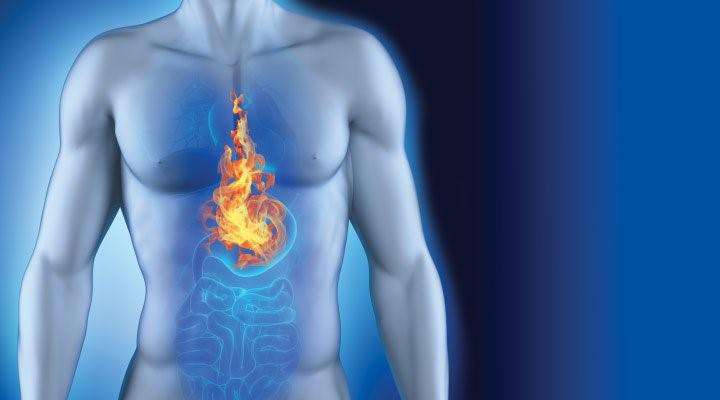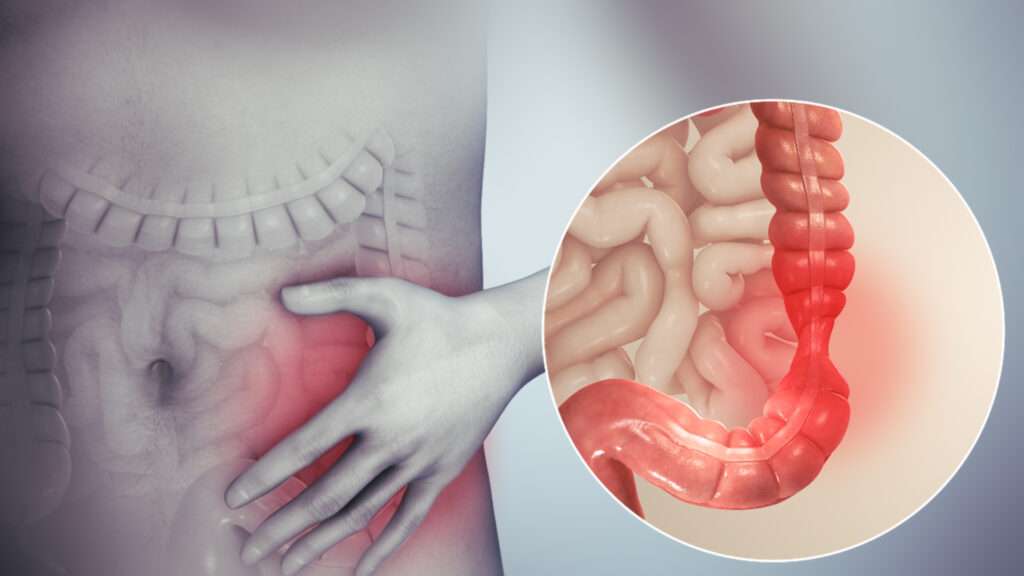
Hypertension, commonly known as high blood pressure, often does not exhibit noticeable symptoms in its early stages. It is often referred to as the “silent killer” because it can silently damage your organs and increase your risk of serious health problems over time. Most people with hypertension do not experience any symptoms until it becomes severe or leads to complications. However, when high blood pressure is extremely elevated or has been uncontrolled for an extended period, it may lead to symptoms and signs, which can include:
Headaches: Severe and persistent headaches, particularly in the back of the head, can occur with very high blood pressure.
Dizziness or Lightheadedness: Feeling dizzy, especially when standing up quickly, can be a sign of uncontrolled hypertension.
Blurred or Double Vision: High blood pressure can affect blood vessels in the eyes, leading to vision problems.
Nosebleeds: Frequent or severe nosebleeds can sometimes be associated with high blood pressure, although they can have other causes as well.
Chest Pain: Chest discomfort or pain, which may be a sign of heart strain due to high blood pressure. This is more common in cases of severely elevated blood pressure.
Shortness of Breath: Difficulty breathing, especially during physical activity, may occur with high blood pressure.
Irregular Heartbeat (Arrhythmia): Hypertension can contribute to an irregular heart rhythm, leading to palpitations or a fluttering sensation in the chest.
Fatigue: Feeling unusually tired or fatigued, even after a good night’s sleep, can be a symptom of uncontrolled high blood pressure.
Pounding in the Chest, Neck, or Ears: Some people describe a strong pulsing sensation in these areas when their blood pressure is very high.
Remember that many individuals with high blood pressure do not experience noticeable symptoms until it becomes severe or leads to complications like stroke, heart attack, kidney problems, or vision issues.
It’s essential to monitor your blood pressure regularly and consult with a healthcare provider for proper diagnosis and management. Lifestyle changes, such as a healthy diet, regular exercise, and medication if prescribed, can help control high blood pressure and reduce the risk of related health complications.




